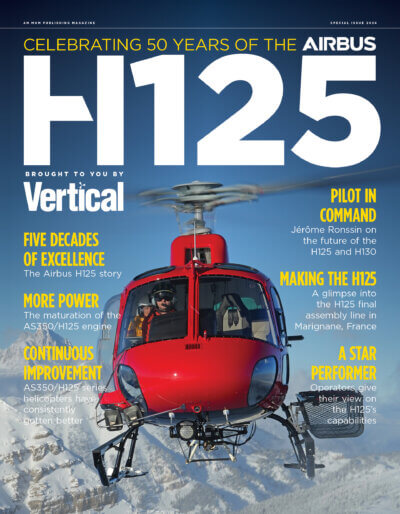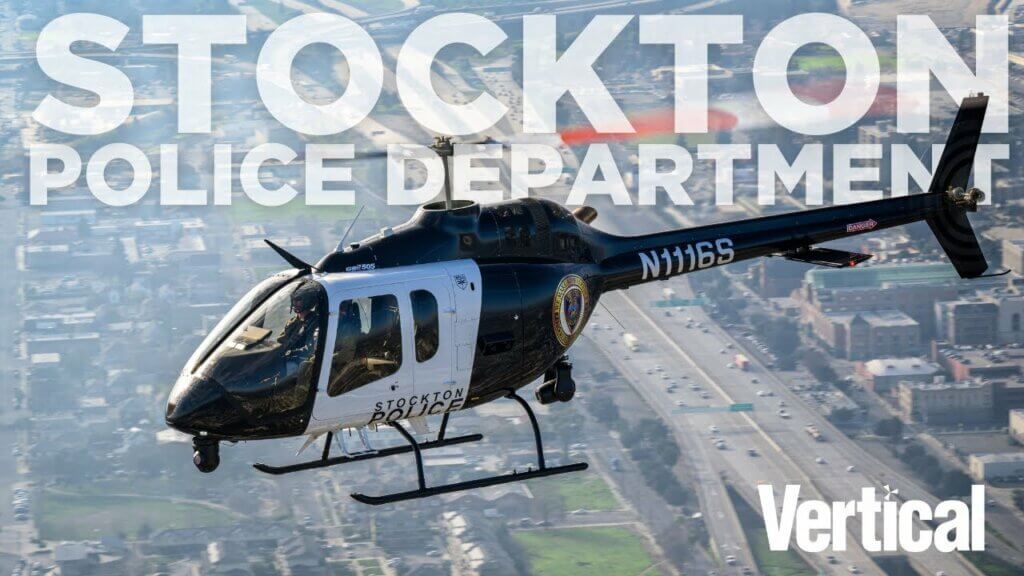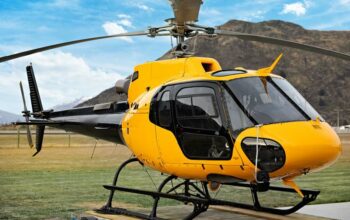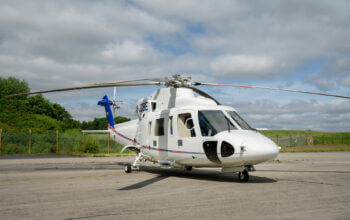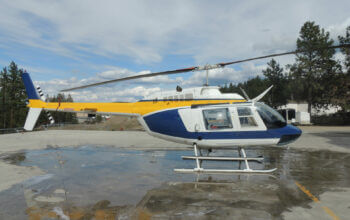The U.K. Civil Aviation Authority (CAA) has confirmed that it will adopt the same standards used by the European Union Aviation Safety Agency (EASA), known as Special Conditions (SC)-VTOL, as the basis for eVTOL certification in the U.K.

“The decision to adopt SC-VTOL as our certification basis will support U.K. manufacturers and enable them to easily access the global market for eVTOL aircraft,” said Rob Bishton, CAA’s group director for safety and airspace regulation, in a press release. “We will continue to work with the industry to help promote and facilitate innovation throughout aviation.”
Special conditions allow manufactures and aviation authorities to develop safety requirements and provide a basis for approval as new eVTOL technology emerge. The CAA said harmonizing these standards across nations helps maintain high levels of safety, reduces industry costs and avoids duplicating efforts.
In implementing these new standards, the agency said it will continue to collaborate with other aviation authorities to share approaches, lessons learned and safety insight. This includes continuing to work with the U.S. Federal Aviation Administration to facilitate certification, smoothing the path for eVTOL developers to receive concurrent validation.
The CAA’s announcement on June 16 was welcomed news for eVTOL developers looking for a clearer path to certify in both regions. For U.K.-based Vertical Aerospace, the news supports the eVTOL company’s plan to obtain concurrent type certification for its eVTOL aircraft in the U.K. and Europe, believing the decision will “enable swift validation of Vertical’s VX4 aircraft worldwide.”
“The U.K. confirming these high standards of safety for new electric aircraft is a pivotal and positive step toward building a world-leading zero emissions aircraft in Britain,” said Michael Cervenka, president of Vertical. “It is vital that passengers and the public have the same trust in eVTOLs as in today’s passenger planes, as we try to make flying faster, smarter, and greener.”




